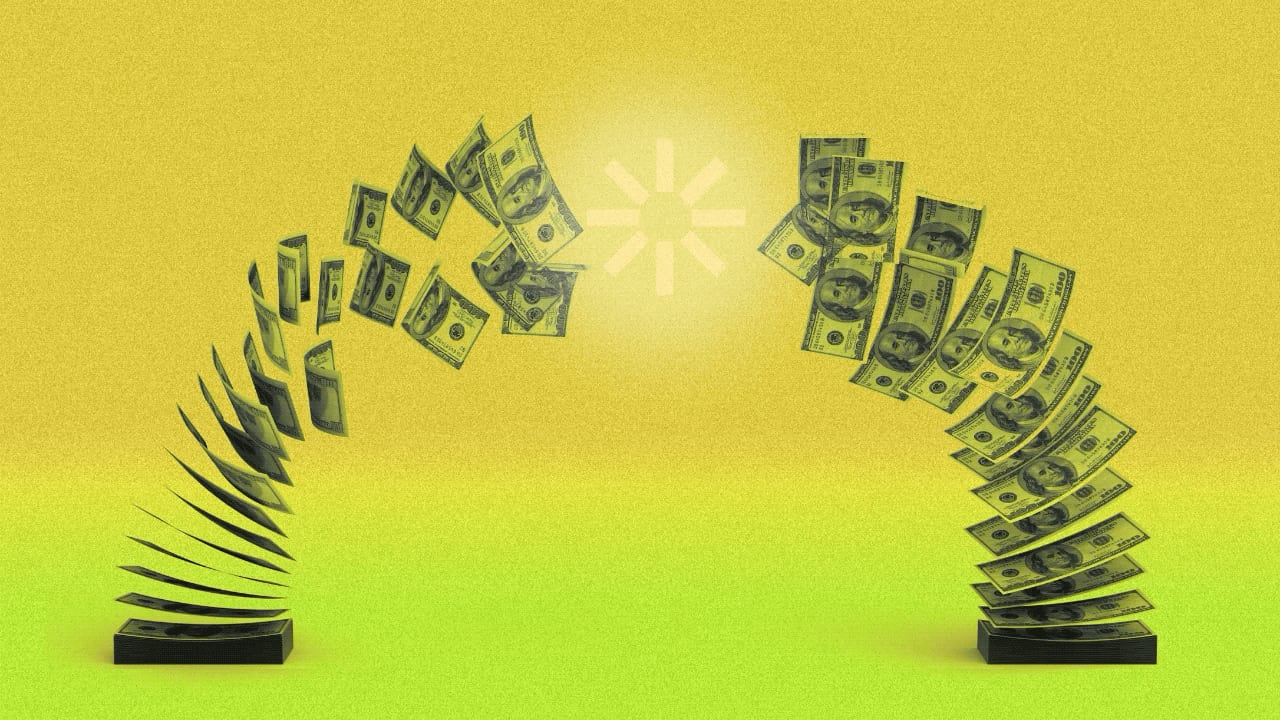Recent events such as the Robinhood-GameStop controversy and financial hardships brought on by the pandemic have cast light on a pressing underlying issue: The U.S. financial infrastructure is too slow. The snail’s pace of the system is denying consumers and businesses access to their money when they need it, with crucial tasks such as collecting a salary payment or transferring money to family members taking far too long. In a confirmation hearing earlier in March, Rohit Chopra, the newly appointed director of the Consumer Financial Protection Bureau, advocated for a “real time system” as a tool to achieve equal access. So, what’s holding us back? Of the many policy debates that arose in February when Robinhood became a household name due to the GameStop controversy, CEO Vlad Tenev cited the two-day trade settlement policy as a key reason for the slowdown of trading. While multiday settlement might be a burden for investors, the slow speed of the U.S. payments infrastructure also negatively impacts millions of consumers and businesses every day. Though payment technology companies are leading critical innovations, they continue to be bogged down by the archaic system in place.

Read the rest here:
We expect our emails and texts to send instantly. Why not our money?